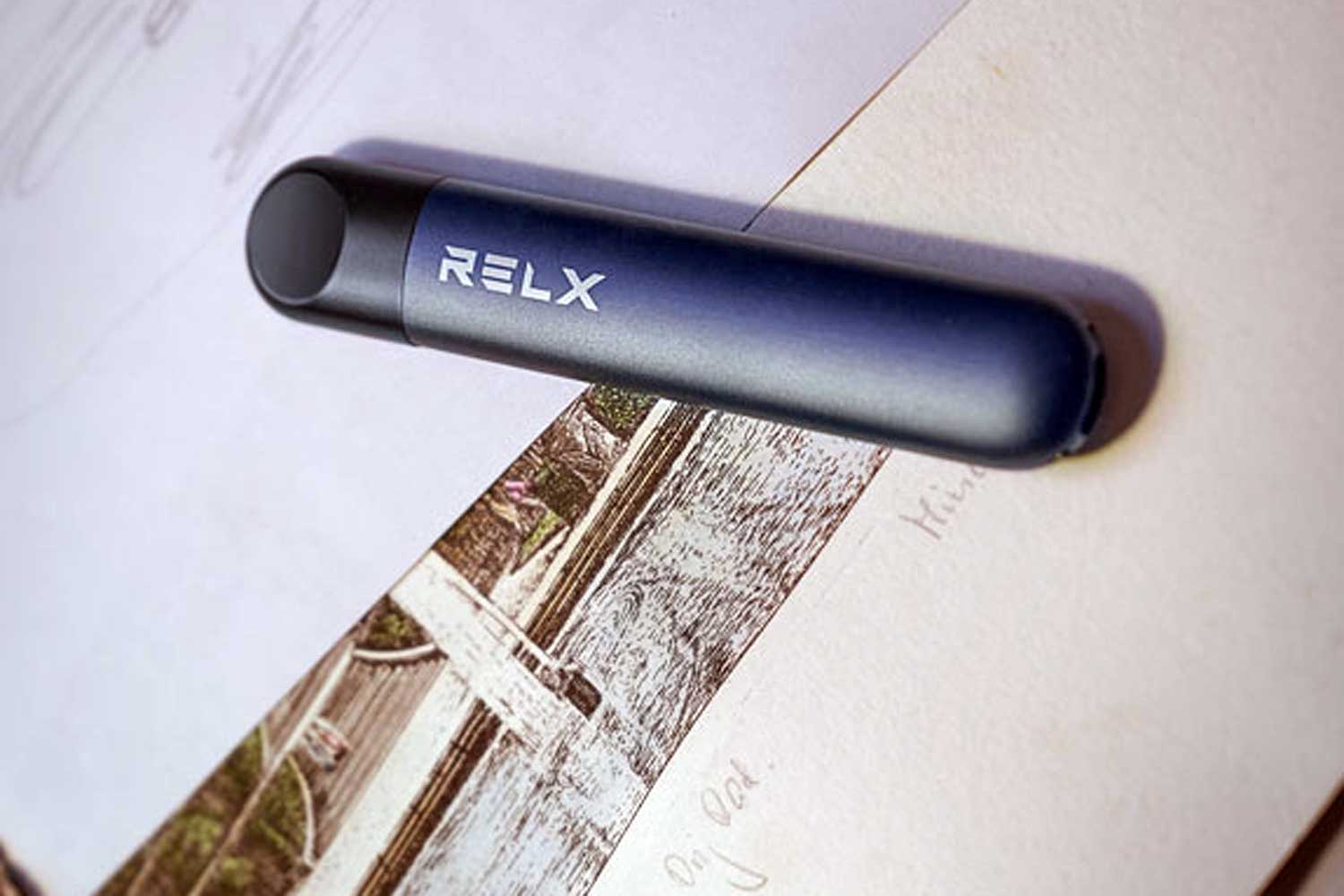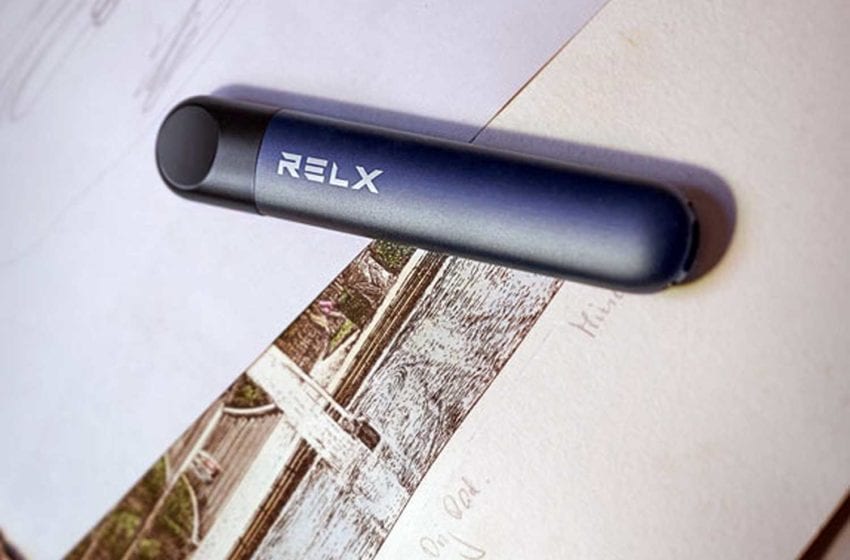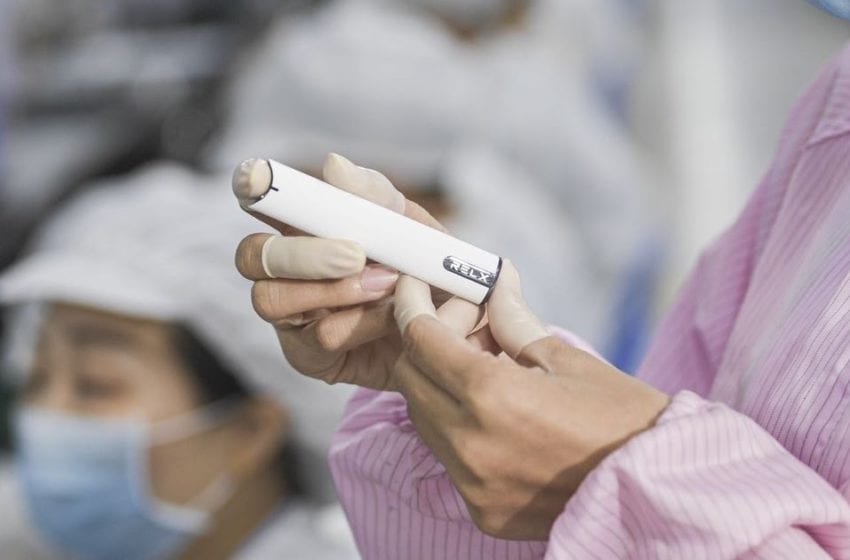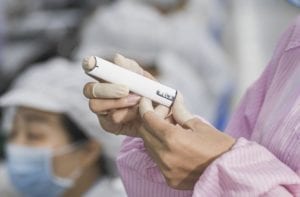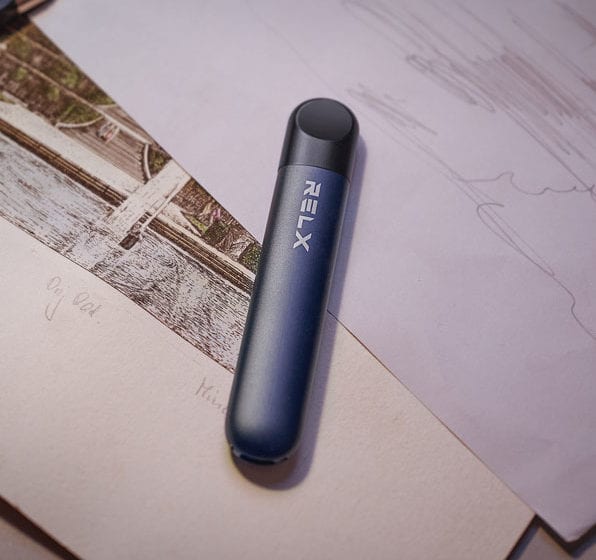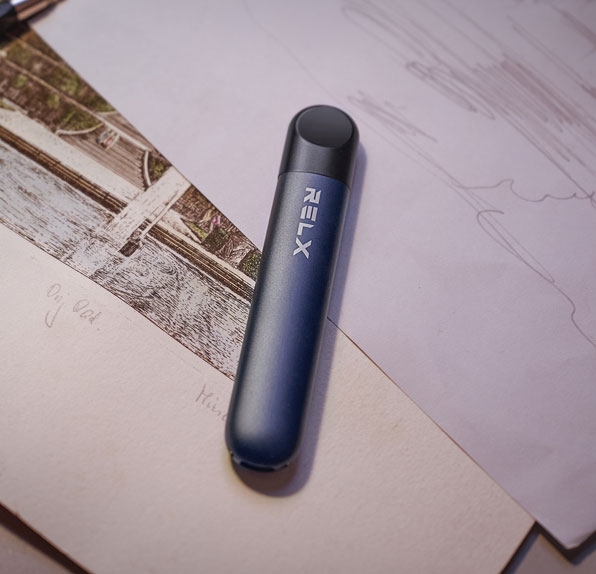The regulatory challenges of the vapor market in the United States has not deterred a Chinese challenger from entering the world’s largest vaping market.
RELX, one of China’s largest e-cigarette companies, is seeking to submit its Premarket Tobacco Product Application to the U.S. Food and Drug Administration (FDA) by the end of 2021. Upon completion of a review process that will take no longer than 180 days, the FDA will take “action”, which could be marketing authorization, a request for more information, or denial, according to an article on techcrunch.com.
The vaping success story has requested a pre-submission meeting with the FDA and is expected to meet with the regulator in October, said Donald Graff, the two-year-old startup’s head of scientific affairs for North America, appearing in a video during a press event this week in Shenzhen.
Graff had a brief stint at Juuls Labs as its principal scientist after a 13-year streak at clinical research company Celerion where he oversaw tobacco studies. He’s now spearheading PMTA for RELX. Another scientist from Juul Labs, Xing Chengyue, who helped invent the nicotine salts critical to e-cigarettes, also joined in China’s vaping industry and founded her own startup Myst.
The PMTA is an extensive, meticulous, costly bureaucratic process for vaping products to establish that they are “appropriate for the protection of public health” before being marketed in the U.S. RELX, headquartered in the world’s e-cigarette manufacturing hub Shenzhen, has set up a team to work on the application process, including hiring third-party consulting services and clinical partners to generate data from tests that are necessary for the submission.
The high costs of PMTA keep many small players from entering the U.S., but RELX has the financial prowess to bear the expense — it estimates the entire process will cost it more than $20 million. A Nielsen survey RELX commissioned showed that the company had a nearly 70 percent share of China’s pod-style market as of April.
As the risks associated with e-cigarettes continue to draw attention from regulators around the world, Relx has ramped up its research investments to examine vaping’s impact on public health. At this week’s event, its chief executive Kate Wang, a rare female founder of a major tech company in China, and previously the general manager of Uber China, repeatedly highlighted “science” as a key focus at her startup.
Recently unveiled is the company’s Shenzhen-based bioscience lab, which is measuring the effects of RELX vapors through in vivo and in vitro tests, as well as conducting pre-clinical safety assessments.
Despite its ongoing efforts to prove the benefit of switching from smoking to vaping, RELX alongside its rivals faces regulatory uncertainties across various markets. The Trump administration banned flavored vape products last year (RELX plans to submit unflavored products for FDA review) and India banned e-cigarettes citing adverse health impacts on youth.
When asked how the startup plans to cope with changing policies, a RELX executive said at the event that “the company keeps a good relationship with regulators from various countries.”
“You can’t make conclusions on something that is still in the process,” said the executive, referring to the early stage of the vaping industry.
